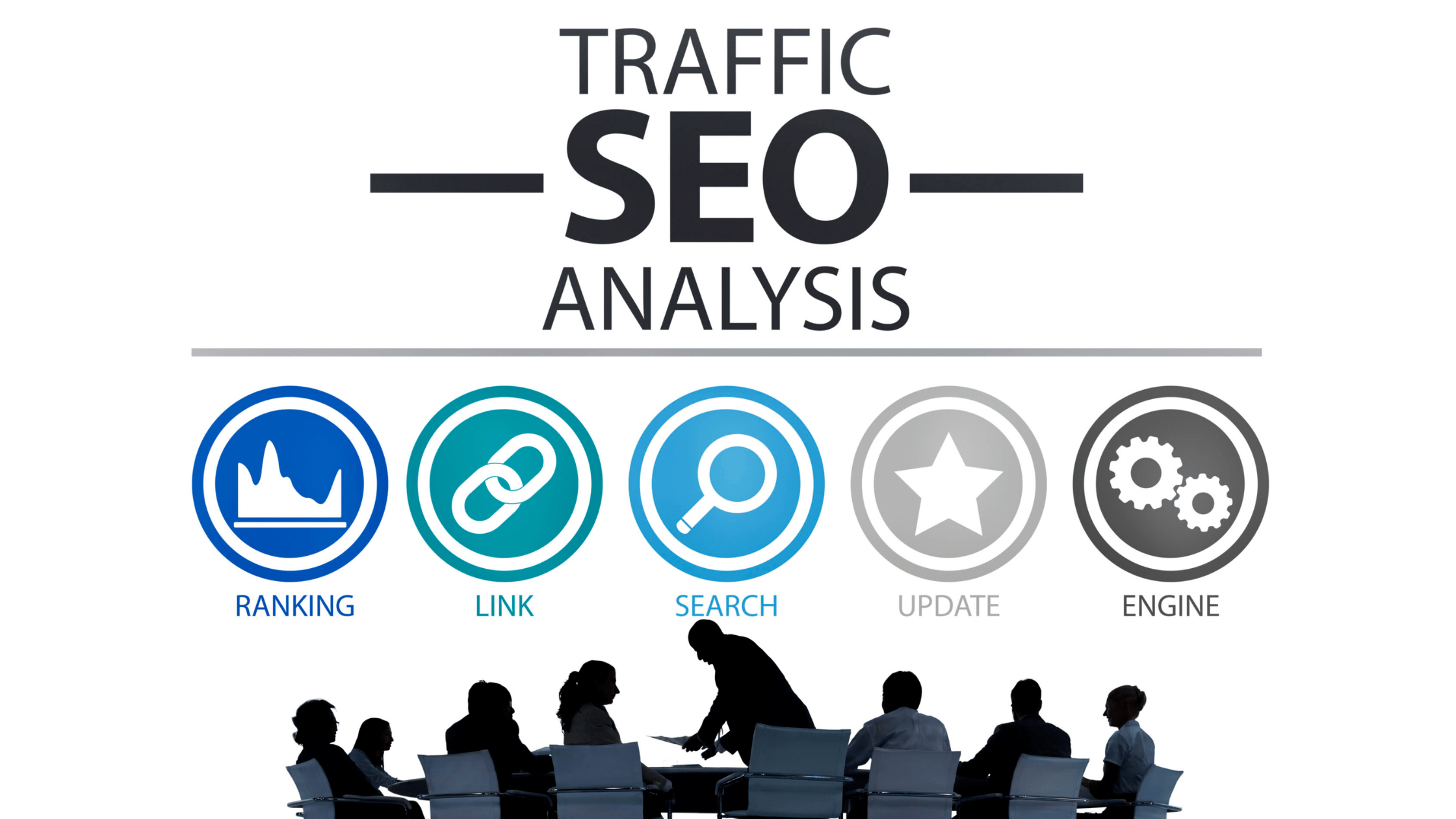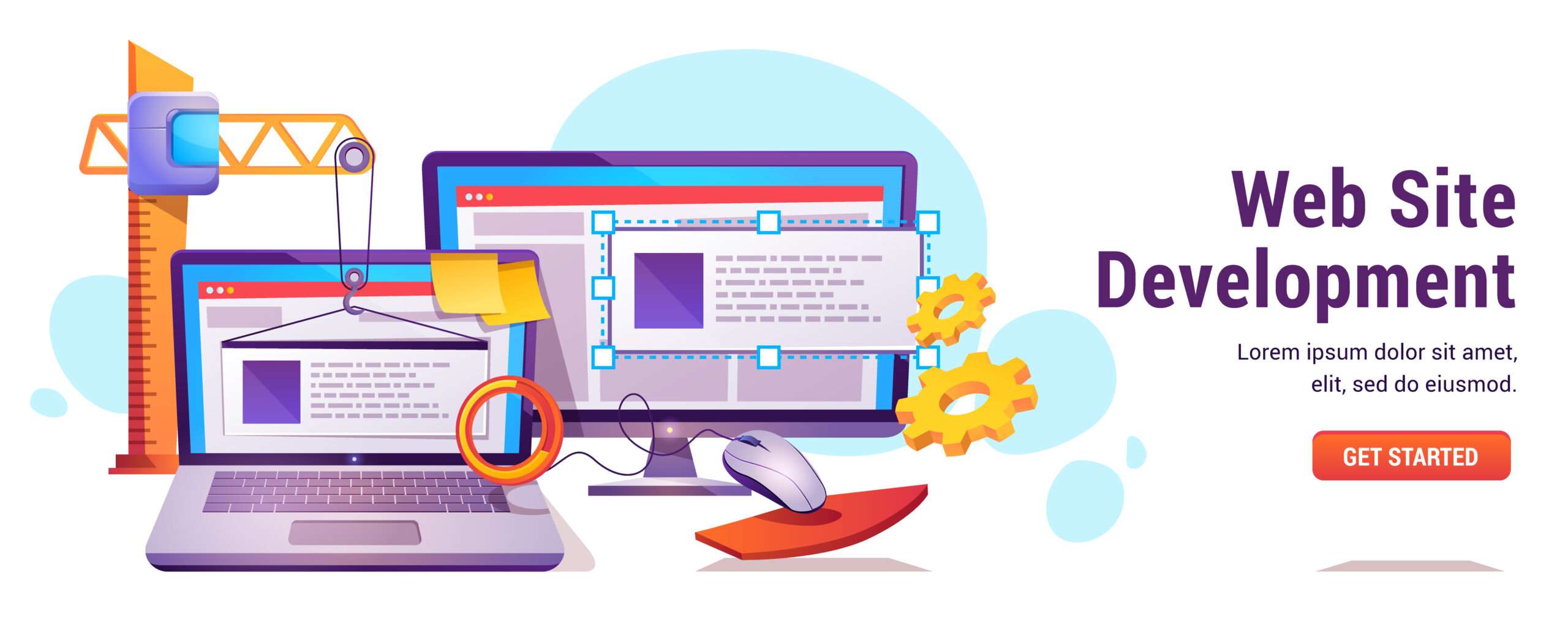Introduction
Off-page SEO (Search Engine Optimization) refers to strategies and actions taken outside of your own website to improve its rankings in search engine results pages (SERPs). It focuses on building your website’s reputation, authority, and trustworthiness by promoting it across the internet. Effective off-page SEO can significantly improve a site’s visibility, traffic, and overall search engine ranking.

Key Components of Off-Page SEO
Backlinks (Link Building):
- Building high-quality backlinks from reputable sites is one of the most influential off-page SEO factors. Backlinks act as votes of confidence, indicating to search engines that your content is valuable and credible.
- Common link-building techniques include guest blogging, influencer outreach, and creating shareable content, like infographics or high-quality articles.
- Quality is essential: links from authoritative sites carry more weight than links from low-quality sites.
Social Media Engagement:
- Active social media profiles help increase your brand’s visibility and provide additional avenues for driving traffic to your site.
- While social signals (likes, shares, etc.) may not be direct ranking factors, increased social engagement can lead to more traffic, which can positively impact rankings indirectly.
Content Marketing and Promotion:
- Publishing valuable content (such as blog posts, videos, podcasts, or infographics) on other platforms or guest posting on reputable websites can help build your brand and drive backlinks.
- Content marketing efforts focus on establishing your brand as an authority and increasing brand awareness across multiple platforms.
Influencer Marketing:
- Collaborating with influencers or well-known figures within your industry can help promote your website to a broader audience. When influencers share your content or link to your site, it can enhance your credibility and reach.
Brand Mentions:
- Even if a brand mention doesn’t include a link, search engines can use unlinked brand mentions as a signal of authority.
- Regularly monitoring your brand mentions can help you discover new backlink opportunities by asking for links on pages that mention your brand.
Forums and Community Engagement:
- Participating in forums like Reddit, Quora, or niche-specific communities allows you to build a reputation and provide value within your industry.
- While links from forums may not carry much SEO weight directly, they can drive relevant traffic and establish your presence within a community.
Local SEO and Citations:
- For local businesses, claiming and optimizing local listings (e.g., Google My Business) is essential.
- Consistent and accurate citations across local directories (like Yelp, Yellow Pages, etc.) help search engines verify the legitimacy and location of your business, improving local SEO rankings.
Content Syndication:
- Republishing content on platforms like Medium, LinkedIn, or industry-specific sites can help reach a wider audience and attract more backlinks.
- When syndicating content, ensure you use canonical tags to avoid duplicate content issues, signaling the original source to search engines.
Why Off-Page SEO Matters
Off-page SEO is critical because it builds trust and authority, which are significant ranking factors for search engines. By establishing a strong off-page SEO strategy, you improve your chances of achieving higher rankings, which in turn leads to increased organic traffic, visibility, and potential customer engagement.
When combined with on-page SEO and technical SEO efforts, off-page SEO helps create a holistic approach to improving a site’s overall search engine optimization.
Off-page seo checklist
Here’s a comprehensive off-page SEO checklist to help improve your site’s authority, traffic, and rankings:
- Backlink Building
Guest Blogging: Contribute valuable articles to reputable websites in your industry.
Broken Link Building: Find broken links on other sites and offer your content as a replacement.
Competitor Backlink Analysis: Use tools like Ahrefs, SEMrush, or Moz to analyze and replicate your competitors’ backlinks.
Resource Link Building: Reach out to websites with resource pages to suggest your content as a valuable addition.
Skyscraper Technique: Find high-ranking content, create something better, and reach out to the same sites linking to the original. - Social Media Engagement
Optimize Profiles: Ensure profiles are complete, and include your website URL on platforms like Facebook, Twitter, and LinkedIn.
Share Content Regularly: Publish posts linking to your content to drive traffic and potential backlinks.
Engage with Followers: Respond to comments and participate in relevant conversations to build a community.
Use Hashtags Strategically: Reach a broader audience by using relevant hashtags. - Influencer Marketing
Identify Industry Influencers: Connect with influencers whose audience aligns with your target market.
Collaborate on Content: Co-create blog posts, videos, or podcasts.
Leverage Social Sharing: Encourage influencers to share your content to boost visibility and credibility. - Content Marketing and Syndication
Create Shareable Content: Develop infographics, videos, and high-value articles that others want to share and link to.
Syndicate Content: Republish content on sites like Medium, LinkedIn, or industry-specific platforms with canonical tags to avoid duplicate content issues.
Submit to Content Aggregators: Platforms like Reddit, Mix, and Flipboard can increase your content’s reach. - Forum Participation
Engage in Niche Forums: Join forums related to your industry, like Reddit, Quora, or specialized communities.
Answer Questions: Provide helpful answers with links back to your website where relevant.
Establish Authority: Regularly participate to build a reputation as a knowledgeable resource. - Local SEO (for Local Businesses)
Claim Google My Business: Ensure your listing is accurate and up-to-date.
List on Local Directories: Submit your business information to sites like Yelp, Bing Places, and TripAdvisor.
Encourage Customer Reviews: Ask satisfied customers to leave positive reviews on your Google My Business profile and other review platforms. - Brand Mentions and Online Reputation Management
Track Brand Mentions: Use tools like Google Alerts or Mention to monitor mentions of your brand.
Convert Mentions to Links: If someone mentions your brand without a link, reach out and ask if they can add a link.
Respond to Reviews: Thank reviewers, address concerns, and manage any negative feedback professionally. - Press Releases and Media Outreach
Submit Press Releases: For significant news or announcements, distribute press releases through reputable services like PR Newswire.
Reach Out to Journalists: Develop relationships with industry journalists who may cover your brand in the future.
Leverage HARO (Help a Reporter Out): Answer journalist queries related to your field to earn potential backlinks. - Content Collaboration and Guest Features
Collaborate on Webinars or Podcasts: Partner with others in your industry to co-host a webinar or podcast.
Write for Industry Publications: Many industry publications accept expert articles or guest posts.
Sponsor Events or Content: Sponsoring online events, blogs, or newsletters can increase your visibility and attract backlinks. - Content Aggregation and Bookmarking Sites
Submit to Bookmarking Sites: Add valuable content to bookmarking platforms like Pocket, Digg, and Mix.
Use Q&A Sites: Engage on platforms like Quora, providing thoughtful answers and linking back to your website when appropriate. - Utilize Content Curation Sites
Submit to Sites like SlideShare or Scribd: Share presentations or documents to reach new audiences.
Upload Videos on YouTube: Link back to your site from the video description to drive traffic.
Pinterest and Visual Platforms: Share visual content, particularly if you have infographics, on sites like Pinterest.
These off-page SEO strategies can help build a well-rounded and effective SEO strategy, improve your online presence, and enhance your site’s authority in the eyes of both users and search engines. Regularly review and adjust your tactics to maintain a competitive edge.
Off-page seo services
Off-page SEO services are designed to enhance a website’s authority, visibility, and rankings in search engine results pages (SERPs) through various external efforts. These services typically include strategies focused on building high-quality backlinks, improving brand reputation, and driving traffic from other platforms. Here are some key off-page SEO services:
- Link Building
Quality Backlink Acquisition: Services often focus on obtaining backlinks from reputable sites to improve domain authority.
Guest Posting: Writing articles for other blogs or websites to gain backlinks while reaching a wider audience.
Broken Link Building: Identifying broken links on external sites and suggesting your content as a replacement. - Content Marketing
Infographics and Visual Content: Creating shareable visual content to encourage links and shares across social media and other platforms.
Content Syndication: Republishing content on various platforms to increase reach and potential backlinks.
Video Marketing: Creating and promoting videos on platforms like YouTube to drive traffic and improve engagement. - Social Media Marketing
Social Media Management: Regular posting and engagement on platforms like Facebook, Twitter, LinkedIn, and Instagram to enhance brand visibility.
Paid Advertising: Running targeted ad campaigns on social media to increase exposure and attract potential backlinks.
Influencer Collaboration: Partnering with influencers to promote your brand, enhancing reach, and potentially earning backlinks. - Online Reputation Management (ORM)
Review Management: Monitoring and responding to online reviews to maintain a positive brand image.
Brand Mentions Tracking: Keeping track of unlinked brand mentions and reaching out to turn them into backlinks.
Crisis Management: Addressing negative publicity or reviews promptly to maintain brand integrity. - Local SEO Services
Google My Business Optimization: Creating and managing GMB listings to improve local search visibility.
Citation Building: Ensuring accurate business listings across local directories and platforms.
Local Link Building: Targeting local websites and blogs for backlink opportunities. - Press Release Distribution
Press Release Writing and Distribution: Crafting and distributing press releases to announce newsworthy events or content, aimed at gaining media coverage and backlinks.
Media Outreach: Building relationships with journalists and bloggers to facilitate coverage of your brand. - Community Engagement
Forum Participation: Engaging in industry-related forums and communities to build authority and potentially drive traffic to your site.
Q&A Sites: Answering questions on platforms like Quora or Reddit to establish expertise and link back to your website when appropriate. - Analytical Services
Performance Monitoring: Regularly analyzing backlink profiles, traffic sources, and social media engagement to refine strategies.
Competitor Analysis: Evaluating competitors’ off-page strategies to identify opportunities for improvement. - Influencer Marketing
Influencer Partnerships: Collaborating with influencers to reach wider audiences and gain high-quality backlinks from their content. - Content Curation and Aggregation
Content Submission: Sharing your content on platforms like Medium or LinkedIn to increase visibility and drive traffic.
These services can help improve your website’s authority and search rankings, but it’s essential to choose a provider that uses ethical and sustainable practices. Look for agencies or freelancers with proven track records and transparency in their strategies. For further details, you can explore services offered by agencies like Neil Patel, Moz, and SEMrush, which provide comprehensive off-page SEO solutions
Which of these is part of off-page seo?
Off-page SEO encompasses various activities and strategies that take place outside of your own website to enhance its visibility and authority. Here are key components that are part of off-page SEO:
Backlink Building:
Gaining high-quality backlinks from reputable websites is one of the most critical aspects of off-page SEO. These links act as votes of confidence, indicating to search engines that your site is trustworthy and authoritativeia Marketing.
Engaging with audiences on social media platforms helps to increase brand visibility and drive traffic to your website. While social signals may not directly impact rankings, they can lead to more backlinks and engagement, positively affecting SEO .
Content eating shareable and valuable content (like infographics, videos, and articles) can attract backlinks and engagement from other sites, enhancing your site’s authority .
Online Reputation ManagemenMonitoring and managing your brand’s online reputation through review management and responding to brand mentions can influence your credibility and authority in search engines .
Local SEO:
Optimizing local bstings (like Google My Business) and acquiring citations in local directories are vital for improving visibility in local search results .
Influencer Marketing:
Collaborating wromote your brand can increase reach and authority, leading to potential backlinks and enhanced reputation .
Press Releases:
Distributing press releases about signifts or announcements can lead to media coverage and backlinks from news sites, further enhancing your authority .
Community Engagement:
Participating in online forums, Q&A sites,es can help build relationships and establish your authority while also driving traffic .
For more detailed information on off-page SEO and its components, you can check out the followz – Off-Page SEO
SEMrush – Off-Page SEO
Ahrefs – Off-Page SEO Techniques
These elements are essential for creating a robust off-page SEO strategy that improves your website’s visibility and ranking in search engine results.






